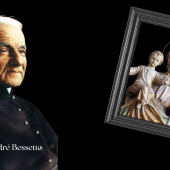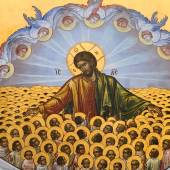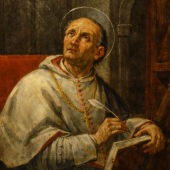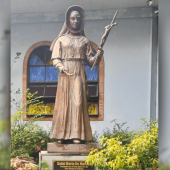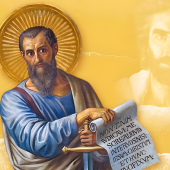When Heaven Bows Low: Walking with Michael, Gabriel, and Raphael
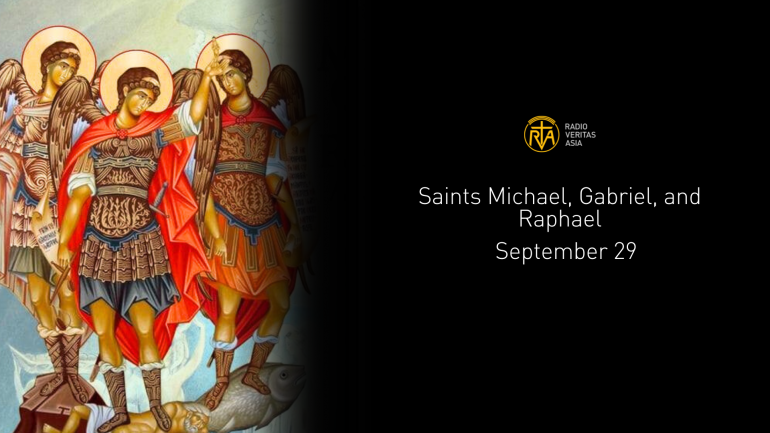
When heaven bows low, it does not merely shine from a distance; it sends companions to walk with us.
Each year on September 29, the Church celebrates the Feast of the Archangels Michael, Gabriel, and Raphael, heaven’s messengers who remind us that God is near, guiding, guarding, and healing His people. Their feast is not simply about unseen beings but about the concrete mission entrusted to every Christian: to stand firm against evil, to proclaim the Good News, and to bring God’s healing love into the world.
Stories of Presence and Power
Time and again, the Archangels step into history just when we need them most. Take Monte Gargano in Italy, for example. In the late fifth century, St. Michael appeared to the Bishop of Sipontum, asking that a cave be dedicated to God’s worship. What began as a mysterious encounter became a sanctuary of grace. Today, it is one of the oldest and most famous pilgrimage centres dedicated to St. Michael. Pilgrims throng the site all year round to seek healing, conversion, and protection.
During a devastating plague in Rome (590 AD), Pope St. Gregory the Great led a penitential procession through the city. Tradition says he looked up and saw St. Michael atop Castel Sant’Angelo, sword lowered, signaling the end of the plague. It gave Rome fresh courage and hope.
When Archangel Michael brings a message, it is best to listen. Refusal, or even hesitation, might bring unpleasant results. Saint Aubert of Avranches, a gentle 8th-century French bishop, received a vision of St. Michael, who instructed him to build a shrine on a rocky tidal island off the coast. Aubert hesitated, wondering if it was truly a vision or just a fragment of his imagination. The angel appeared a second time, but Aubert remained unmoved. According to tradition, when the angel came a third time, Michael poked him on the head (yes, physically!) to get him to obey. The touch left a visible hole in his skull. The idea that an archangel grew exasperated enough to poke someone adds a very human, almost humorous, side to divine persuasion. Aubert’s skull, complete with its round hole, is still preserved in the basilica, a reminder to pilgrims “not to mess with the captain of God’s army.”
The Bible presents angels as companions walking close beside us. In the Book of Tobit, Raphael does not merely give Tobias directions; he walks beside him as a friend, guides him through danger, drives away the evil spirit afflicting Sarah, and restores Tobit’s sight. The Church calls on Raphael’s name, “God heals,” in its prayer for the sick, travellers, and caregivers. Saints like John of God, who cared for the poor and the sick, have testified to Raphael’s personal help in their work.
These are not quaint old stories; they are invitations. They invite us to trust that the Archangels still accompany us, defending, guiding, and healing, if only we dare to ask. They remind us that the battle between good and evil is real, but we are never alone in it. And they challenge us to live courageously, cooperating with God’s saving work in our own daily lives.
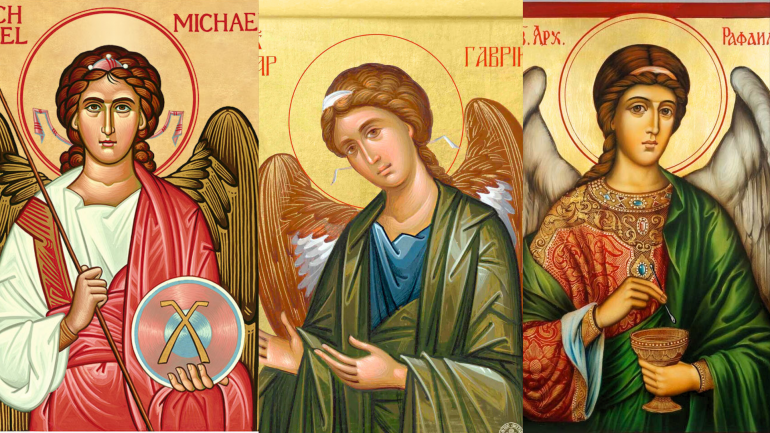
The Three Archangels
St. Michael the Archangel, whose name is a war cry, “Who is like God?”, leads heaven’s armies in the great battle described in Revelation: “Now war arose in heaven, Michael and his angels fighting against the dragon” (Rev 12:7). His sword and scales remind us that spiritual warfare is real, not distant. Pope Leo XIII composed the Prayer to St. Michael with this battle in mind, urging the faithful to seek his protection so that “the ancient foe may not prevail.” Standing with Michael today means resisting temptation, speaking the truth even when it is costly, and defending the vulnerable. In his strength, we can claim the promise of St. Paul: “If God is for us, who can be against us?” (Rom 8:31).
St. Gabriel the Archangel, the “Strength of God,” brings heaven’s message of salvation. His words to Mary, “Do not be afraid, for you have found favour with God” (Lk 1:30), are as urgent now as they were in Nazareth. Gabriel’s trumpet and lily call us to purity of heart and bold proclamation. St. John Paul II reminded us, “Every Christian is called to become a messenger of the Gospel.” Like Gabriel, we are to bring encouragement where there is despair, speak of dignity where it is denied, and offer the hope of Christ where fear reigns. In a noisy and divided world, Gabriel’s mission is to make God’s voice heard through our words and actions.
St. Raphael the Archangel, whose name means “God heals,” walked beside Tobias as guide, protector, and friend (Tob 5–12). His staff and fish symbolise the healing journey on which God leads His people. Raphael reminds us that even when life feels uncertain, we are not alone: “For he will command his angels concerning you to guard you in all your ways” (Ps 91:11). Pope Benedict XVI beautifully said, “Angels are God’s ministers who work unseen, silently guiding us.” Invoking Raphael can deepen our trust that God’s providence is at work, leading us toward wholeness. We can share in Raphael’s mission by visiting the sick, offering forgiveness, accompanying the lonely, and bringing peace into wounded relationships.
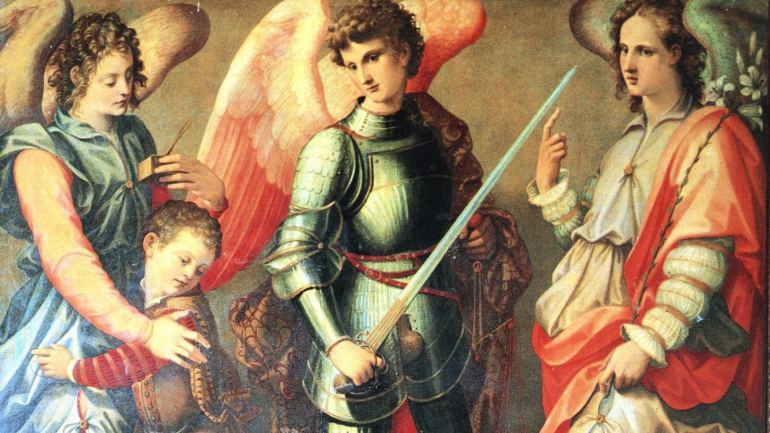
A Living Mission
The three archangels reveal the heart of God’s action in the world: Michael defends, Gabriel announces, Raphael heals. Their feast is both a celebration and a commissioning. In this light, each of us is invited to become a living messenger: to resist evil with courage, to proclaim the Gospel with joy, and to bring God’s healing mercy wherever there is suffering.
When we walk in step with the archangels, heaven bows low indeed, and the world is brightened by the light of God’s Kingdom breaking through.
(Sr. Belji K. J. is a Sister of Charity of Nazareth, based in Patna, eastern India. Her works have appeared in leading Catholic magazines and platforms both in India and abroad.)
Radio Veritas Asia (RVA), a media platform of the Catholic Church, aims to share Christ. RVA started in 1969 as a continental Catholic radio station to serve Asian countries in their respective local language, thus earning the tag “the Voice of Asian Christianity.” Responding to the emerging context, RVA embraced media platforms to connect with the global Asian audience via its 21 language websites and various social media platforms.









